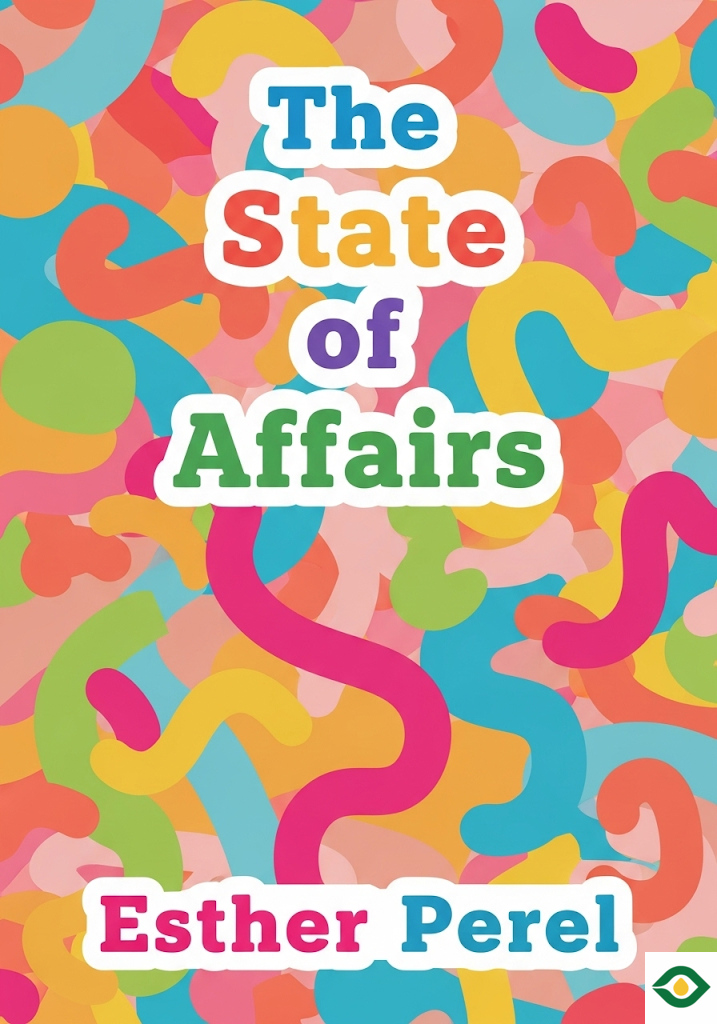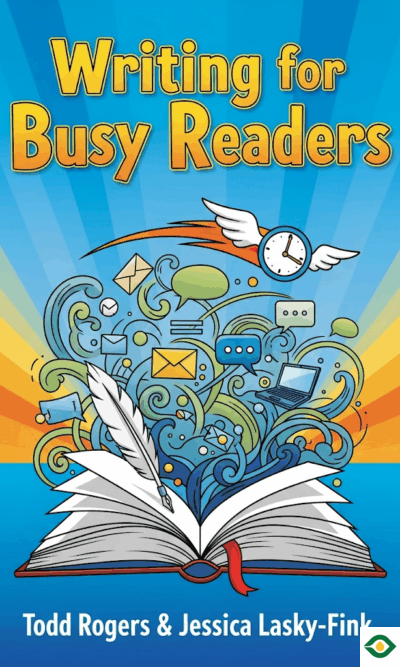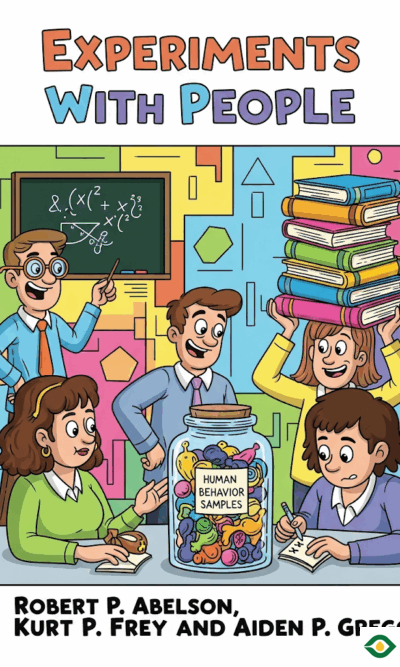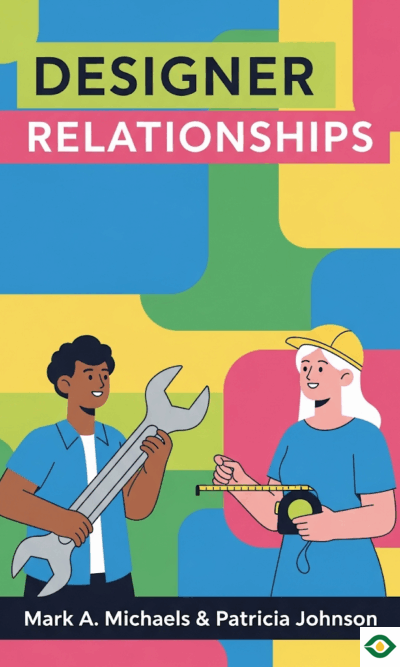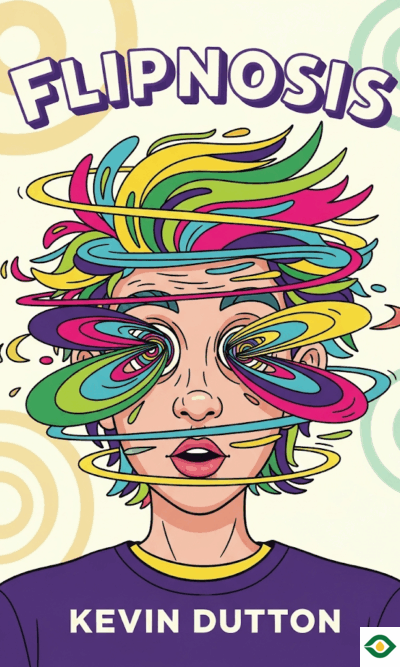Description
Infidelity is one of the most painful and confusing parts of modern relationships. Most people see it as the worst form of betrayal, an act that destroys trust and deeply wounds love. And yet, despite its heavy cost, millions of people continue to cheat. Affairs are not rare accidents but a common part of human life, which makes us wonder—why do they happen, and what do they mean?
One of the first problems with understanding infidelity is that it’s difficult to define. For some, cheating means physical intimacy outside the relationship. For others, even emotional closeness, deep flirtation, or online chatting can feel like betrayal. Technology, dating apps, and social media blur the lines even further. A conversation that feels harmless to one partner may feel like disloyalty to the other. Because of this, surveys show very different results about how common infidelity is. Some studies say about one-quarter of people cheat, while others suggest it could be as high as two-thirds. What is clear is that affairs are not disappearing.
What most cases of infidelity do share, however, are three elements: secrecy, attraction, and emotional involvement. Affairs almost always involve some level of hiding, which makes the discovery even more painful for the betrayed partner. Sometimes the secrecy itself hurts more than the act. Attraction or sexual energy often plays a role, even when there is no physical contact. And emotional connection—falling for another person in some way—tends to cut the deepest.
But why does betrayal hurt so much? The answer is identity. Our sense of self is often built around our closest relationships. When someone cheats, the betrayed partner not only feels abandoned, but also begins to doubt their own worth. Questions like “Was I not enough?” or “Who am I now?” often emerge. The pain is not only about the partner’s actions but about the shattering of one’s own self-image. Interestingly, in other cultures where community plays a bigger role than romantic love, betrayal is taken differently. In the United States, where love is often seen as life’s greatest achievement, the impact of infidelity feels like a deep crisis of the self.
The betrayer also faces an identity crisis. People who cheat may enjoy the thrill of passion, but when exposed, they see themselves through the eyes of their hurt partner. They may feel like strangers to themselves, realizing they are acting in ways that contradict the person they thought they were.
Another part of this story is jealousy. In many Western cultures, jealousy is seen as a shameful or weak emotion. Self-help books rarely talk about it. But in many other parts of the world, jealousy is openly discussed in relationships and even in therapy sessions. While excessive jealousy is destructive, a small amount can actually strengthen bonds. It shows care and investment. If your partner never feels any jealousy at all, it might even make you wonder if they truly value you. In this way, jealousy, uncomfortable as it is, can sometimes act as a sign of love.
One of the hardest questions around infidelity is whether to confess or to keep it secret. Honesty is often praised as the only right path, but reality is more complicated. Sometimes revealing an affair may cause more harm than good. A person may confess only to ease their own guilt, without considering the pain it will cause the partner. On the other hand, secrecy can also be destructive if it creates ongoing lies and emotional distance. Every situation is different, and there are no easy rules.
Another surprising truth is that happy people also cheat. Affairs are not always the result of unhappy marriages. Sometimes they are about exploring sides of oneself that have been hidden. A person may have played the “good spouse” role their whole life, always responsible, always dependable. An affair can feel like a way of breaking free, trying out a new identity, or touching desires that have been long suppressed. This does not excuse the betrayal, but it does help explain why even loving partners may take such risks.
For some people, the problem is even deeper: they struggle to combine love and sex. They may feel genuine affection for their spouse but lose sexual desire for them, sometimes because of patterns formed in childhood. These individuals may seek intimacy outside the relationship, not because they don’t love their partner, but because, for them, passion and emotional closeness do not easily exist together. This can create heartbreaking cycles of failed marriages and repeated affairs.
Despite the widespread belief that infidelity is the worst betrayal, other forms of harm in relationships can be even more damaging. Constant criticism, emotional neglect, or controlling behavior can slowly destroy a partner’s spirit. In some cases, a cruel or dismissive spouse may cause deeper wounds than an unfaithful one. Cheating is painful, but so is living for years without kindness, respect, or attention.
Some people try to solve the problem of infidelity by rejecting monogamy altogether. Consensual non-monogamy allows partners to agree that they can see others, while still maintaining a central bond. Supporters argue that this honesty is better than the secrecy of affairs. Critics, however, say that love and sex are different from friendships and that opening the door to multiple partners can be risky. Even in open relationships, rules exist, and breaking them can feel just as painful as betrayal in traditional monogamy. There is no perfect model. Every couple must decide what works for them.
What, then, can we take away from all of this? Infidelity is not just about sex. It is about identity, secrecy, power, and human longing. It forces us to question what love means, what trust means, and even who we are. Sometimes, it destroys relationships beyond repair. Other times, it leads couples to have difficult but honest conversations about what they want and expect.
Perhaps the most practical advice is to avoid black-and-white thinking. People are complicated, and so are relationships. Some couples find a middle path, creating their own rules about what is acceptable and what is not. For example, some may agree that flirting is fine, while others may accept fantasies but not physical acts. This flexibility—sometimes called being “monogamish”—recognizes that desire cannot be perfectly controlled, but that honesty and communication can prevent betrayal from becoming toxic.
In the end, infidelity will always be painful, but it also teaches us something important: love is not simple, and trust is precious. Every relationship is a fragile agreement between two people, shaped by culture, identity, and personal history. Affairs may break that agreement, but they also reveal just how deeply human beings long for passion, connection, and meaning.

